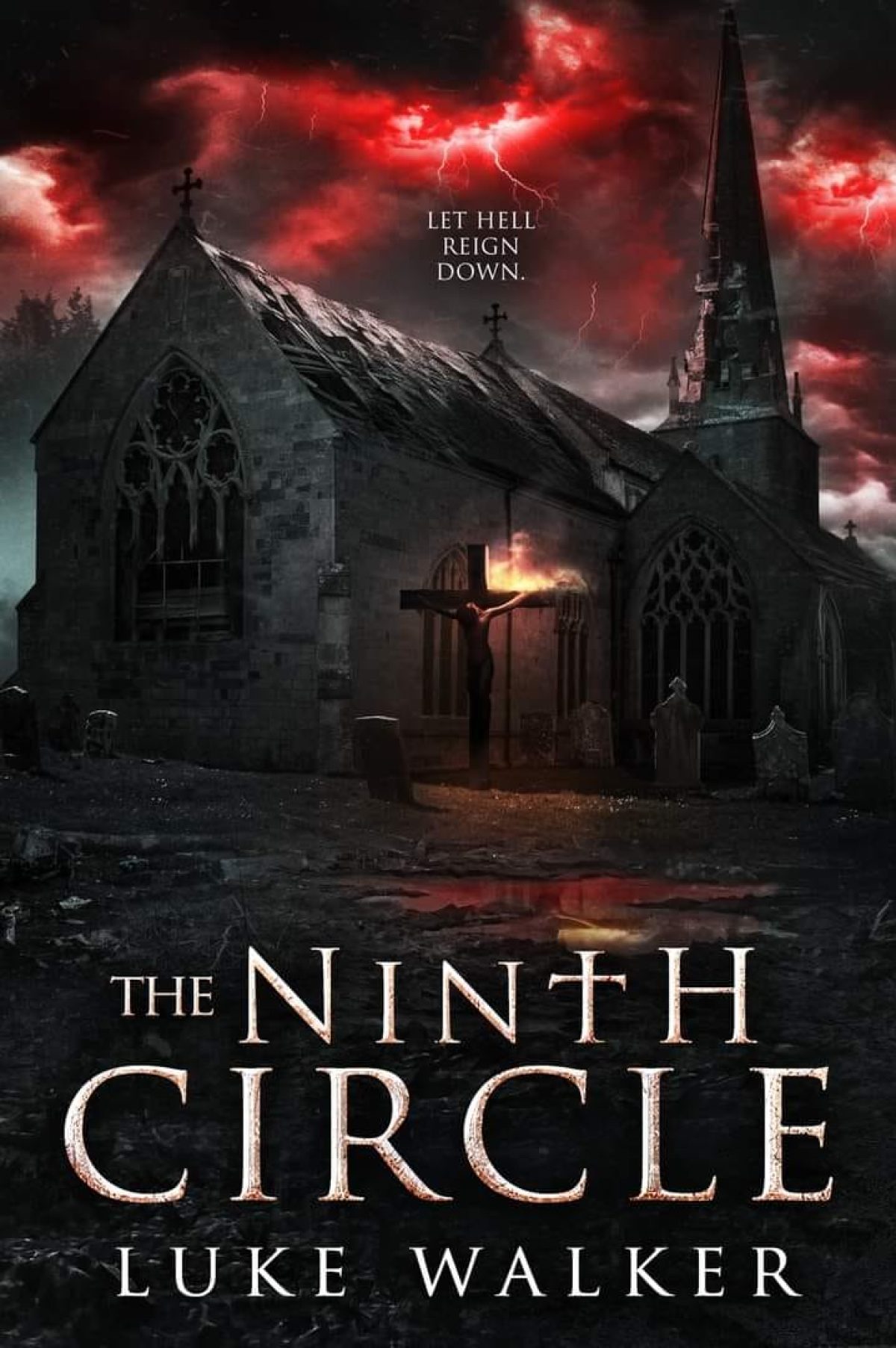I think I’ve mentioned at some point the basic background for Terminal State but I thought it might be interesting to post in a bit more detail about where it came from and the ups and downs of it over the last few years.
Around ten years ago, I published a short story collection called Die Laughing mainly because a small publisher who took my first two books folded so those books were suddenly homeless and I wanted to have something out there with my name on it. I was proud of the collection especially a tale called Anti-Social which was horror as far as I was concerned but it still stood out because there was nothing supernatural in there. Just people being horrible. I spent a few years thinking about that one and wondering if there was room to develop it. Also if I should develop given I called myself a horror writer and wanted to make a go of that with publishers and agents. Eventually, I took my head out of my arse and sat down to make a few notes on the book that would become Terminal State.
The basic premise in the short story was that while literally anyone could be judge, jury and executioner, not everyone wanted to be so you’d never know who had the authority to kill you if you pissed them off. I altered that for the novel and created the legals – certain people of a certain background who could carry a weapon and kill anyone who broke social norms or laws. At the same time, someone connected to the creation of this situation is slowly losing their mind over their role in that creation. And someone else. . . well, nobody’s ever told that guy he can’t always have what he wants. And what he wants is his ex-girlfriend dead at his hand.
That was the basic premise but I knew I had a lot of room to play with. Usually when that happens in my early drafts, I tend to get lost and loss track of the essential idea. After a few rewrites and polishes, I left a lot of the world-building in the background. Most of those ideas came from looking at where we are now and picturing the scene in 25 years. I don’t have a very optimistic view of things, I’m afraid, so my 2050 isn’t a happy place for much of the world, but it’s honest. I don’t really care about optimism or pessimism. I care about being honest. What I see coming is my honest view.
Around five years ago, I submitted Terminal State to a lot of agents. The very first submission resulted in a full request which was a definite result. That agent eventually passed; others outright rejected it and plenty just didn’t reply. Eventually, it landed me an agent who, I think, had high hopes for it. Ditto the second book I sent her. Not the third, though. Around then, it became pretty clear to me she no longer had those high hopes so when she told me it was over, it was no surprise at all. Eighteen months down the line, I was right back at square one. Not my finest hour. I licked my wounds, wrote a new book (which became The Ninth Circle) and polished what would have been the fourth book to send to my agent. I spent another year trying agents with Terminal State to no avail but I didn’t trunk it, either. Near the end of that year, I started thinking about publishing it under a new name to separate a speculative thriller from my usual horror fiction. I knew it would mean more social media and getting a name with zero history out there, but it still seemed like a good idea. I also knew there might be more spec thrillers to come but there would also be horror so why not have two names?
So that’s about it. A book that began as a short story more than a decade ago; several versions later and God knows how many agent submissions before my adventures with my ex-agent has finally come to life. If you want to see where I think we might end up in 25 years, this is the book for you. If you want a warning of it, well, this is also for you. Personally, I’m very happy with my dark tale of a future Britain that’s lost its soul. Even if getting there took me the long way around.
Terminal State is out now.


